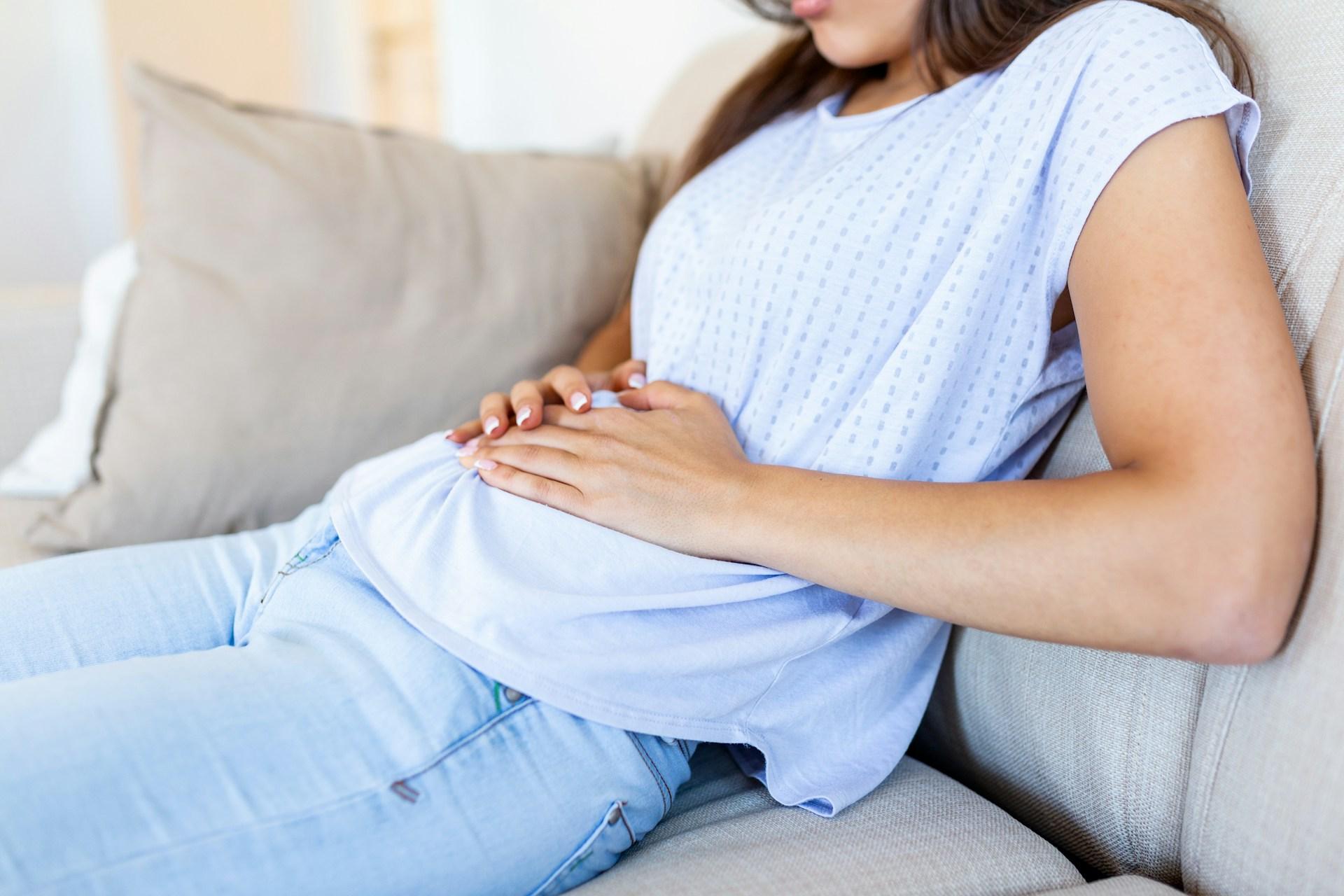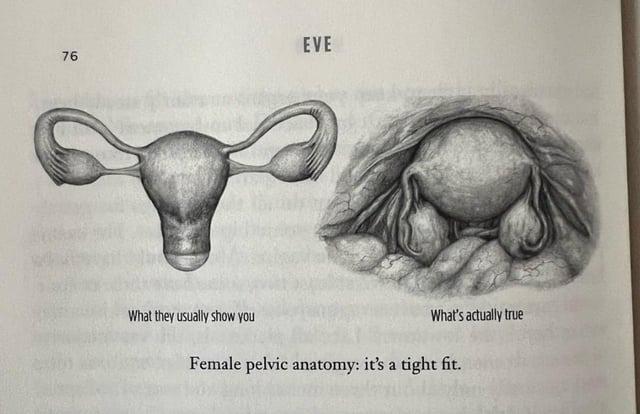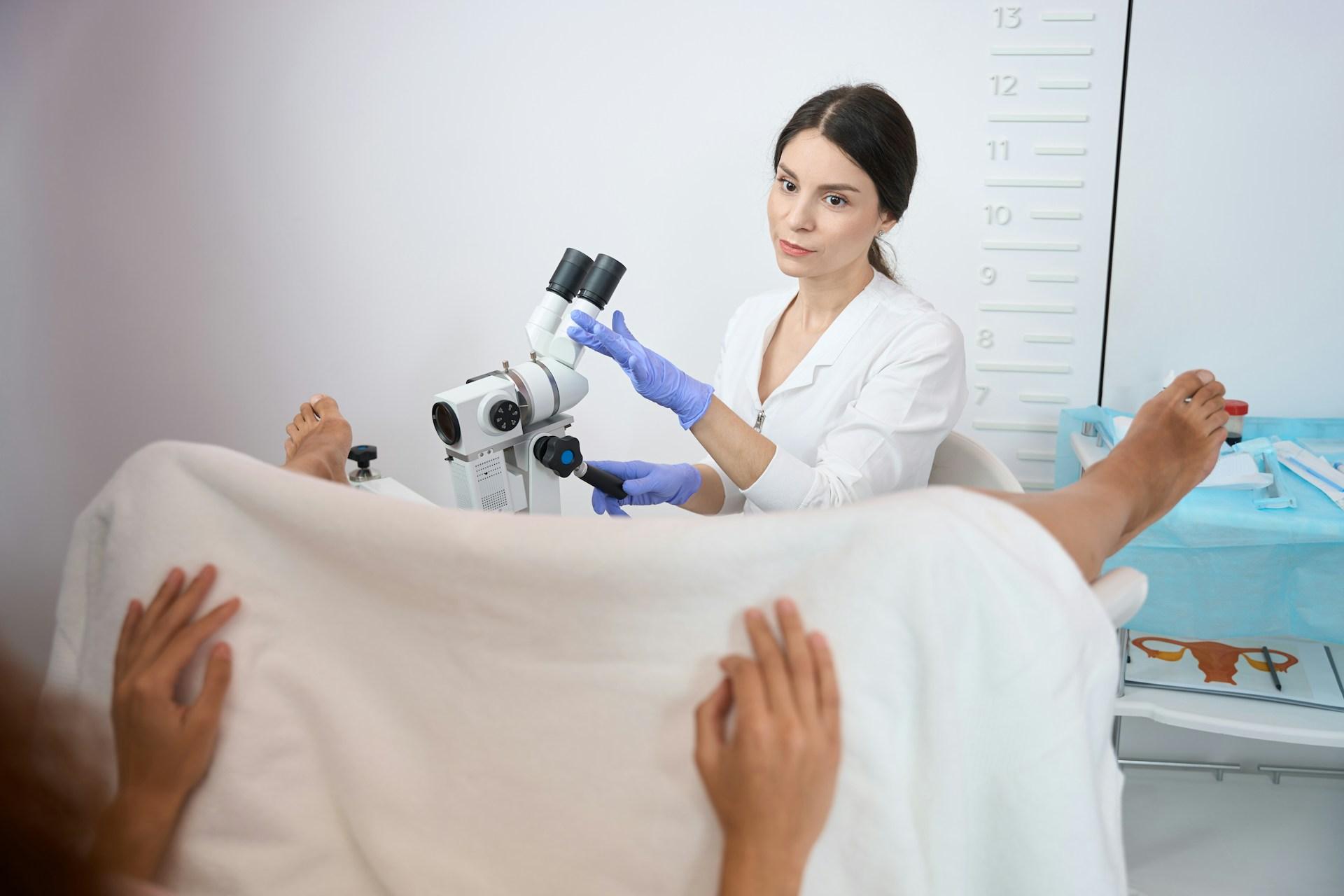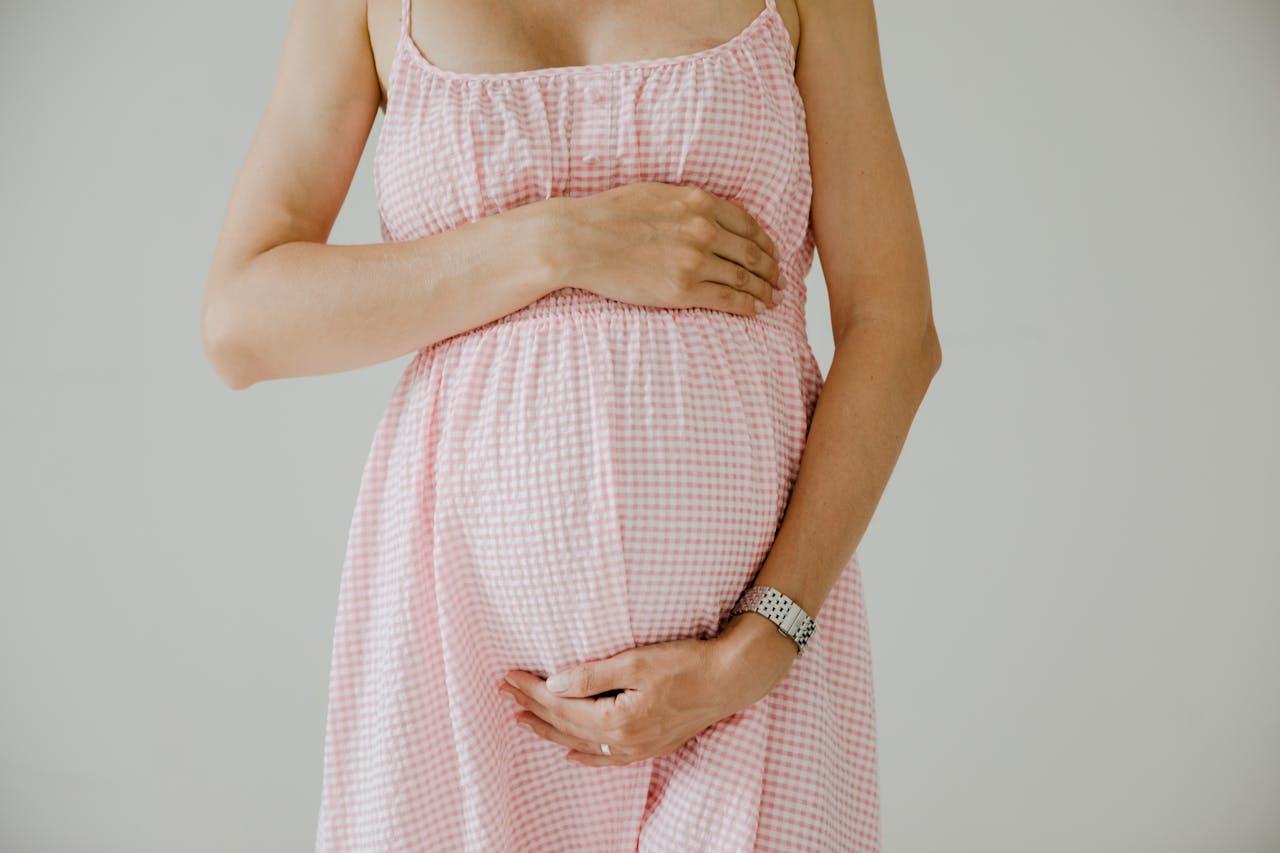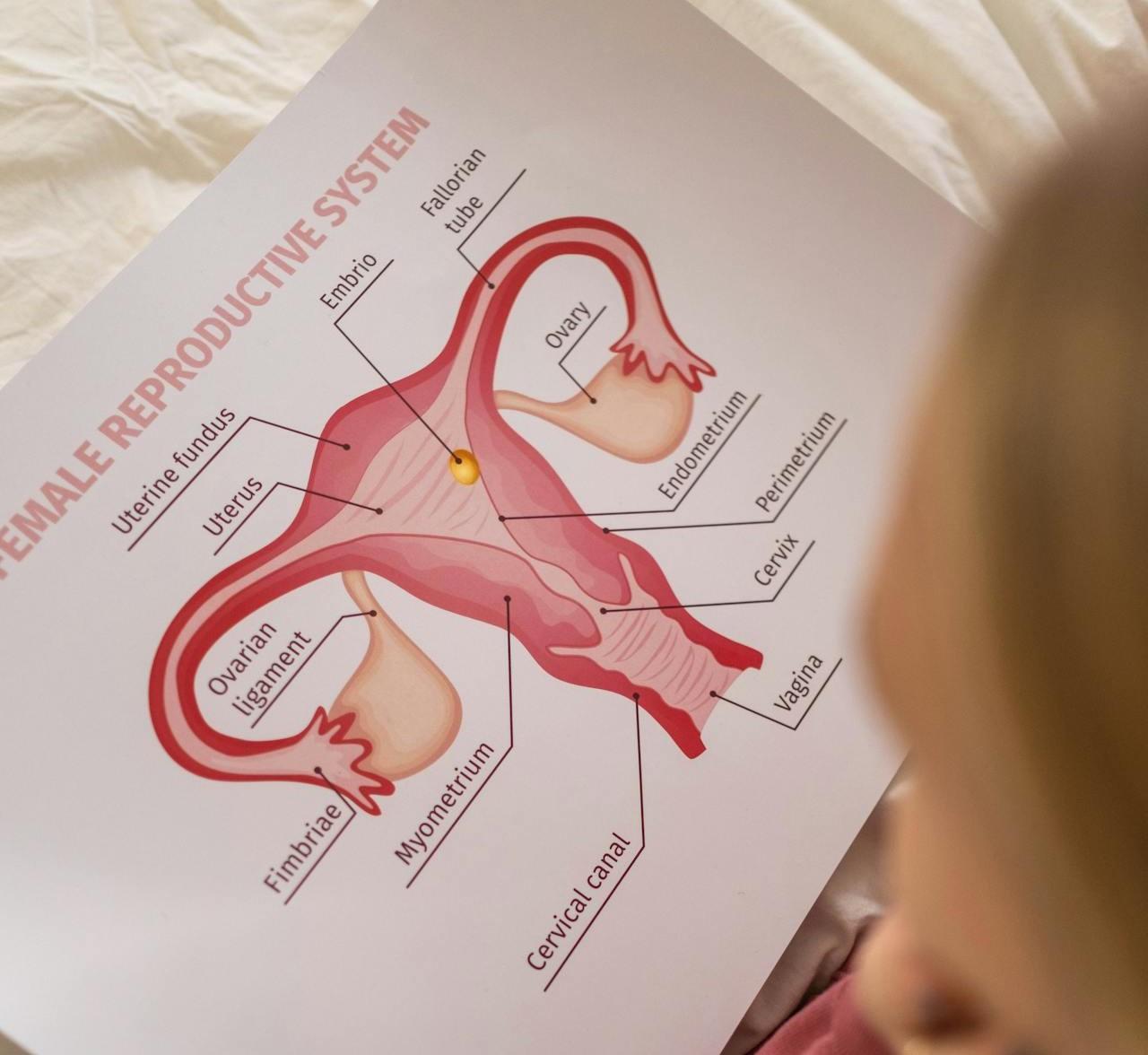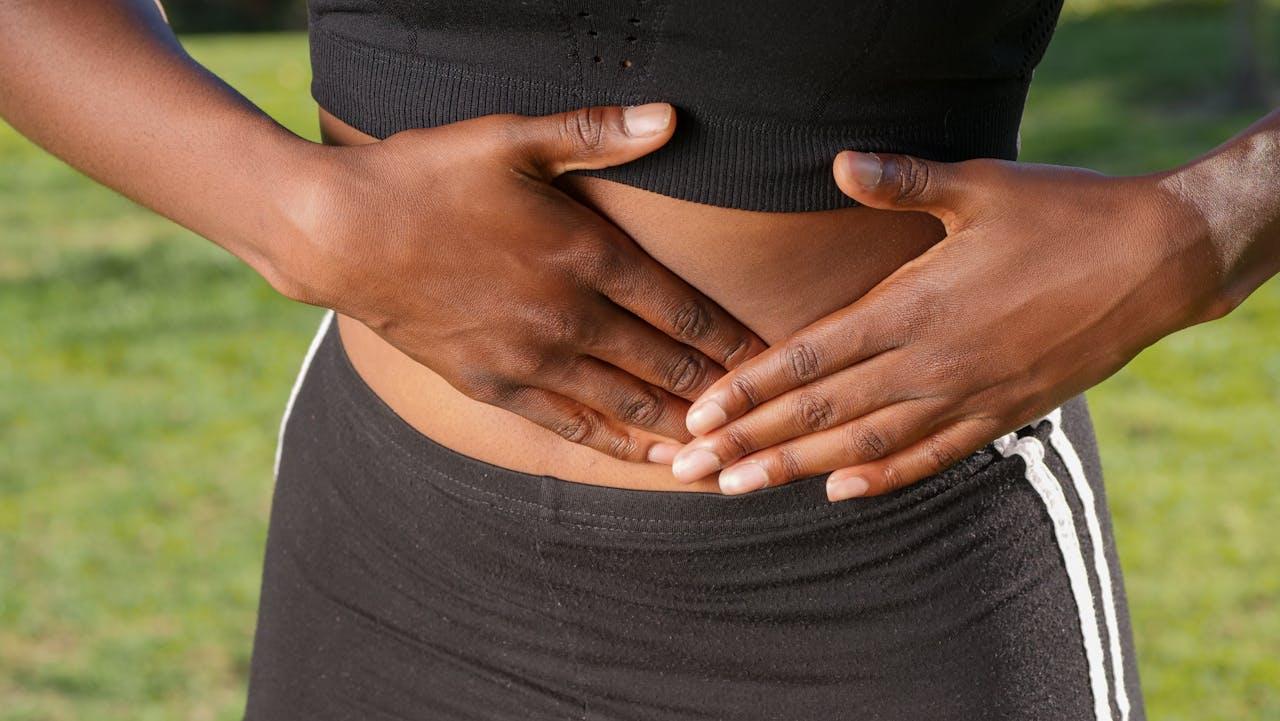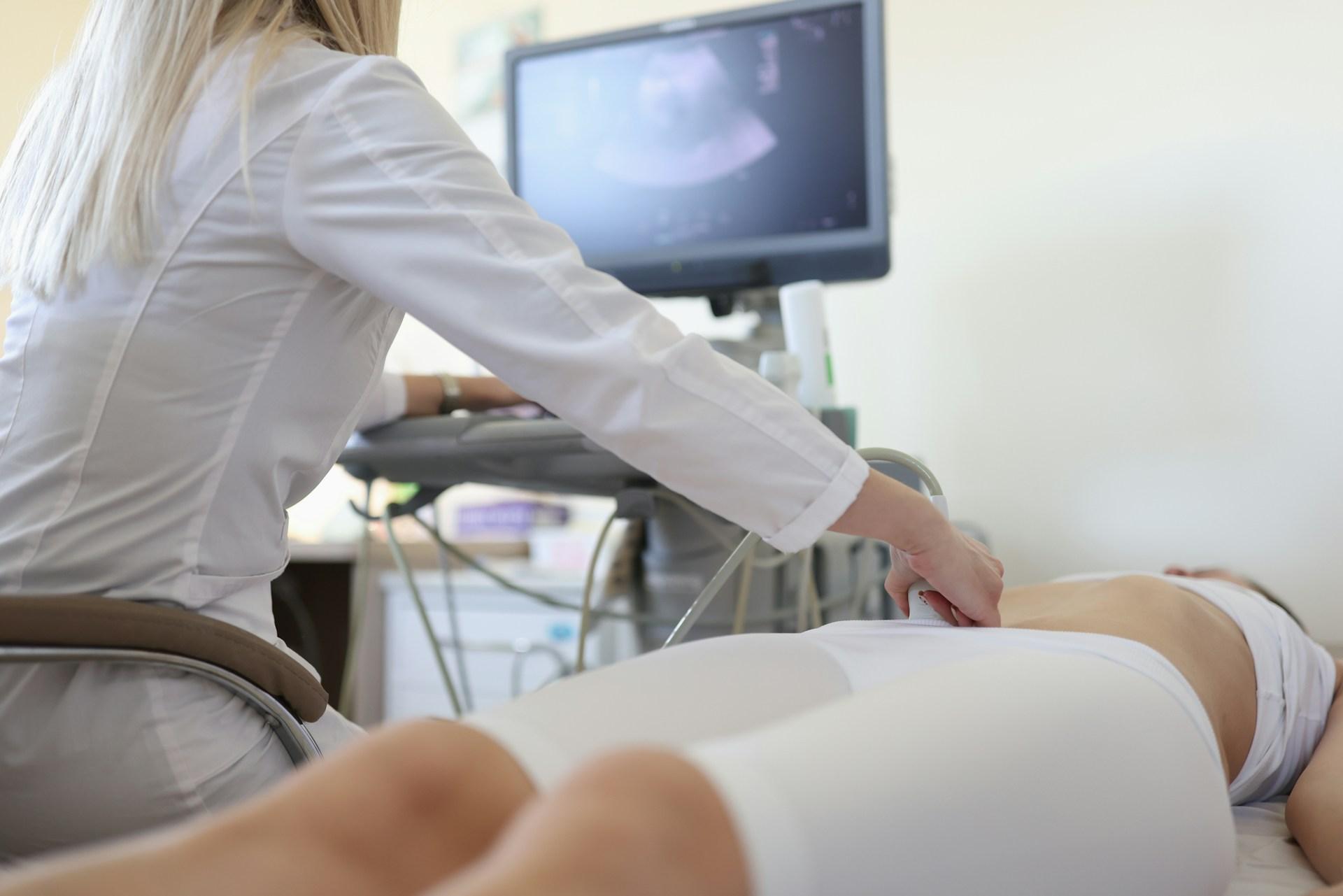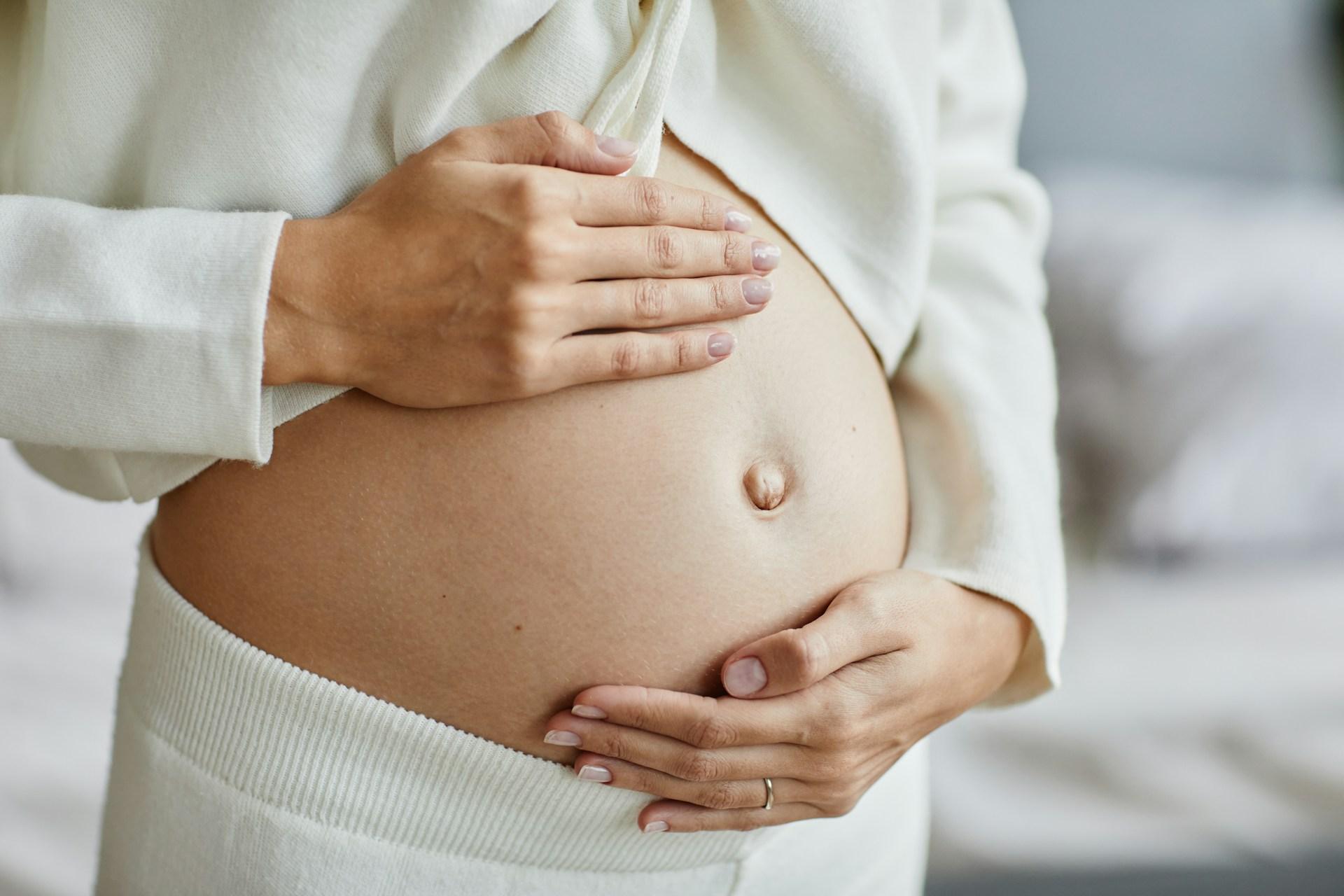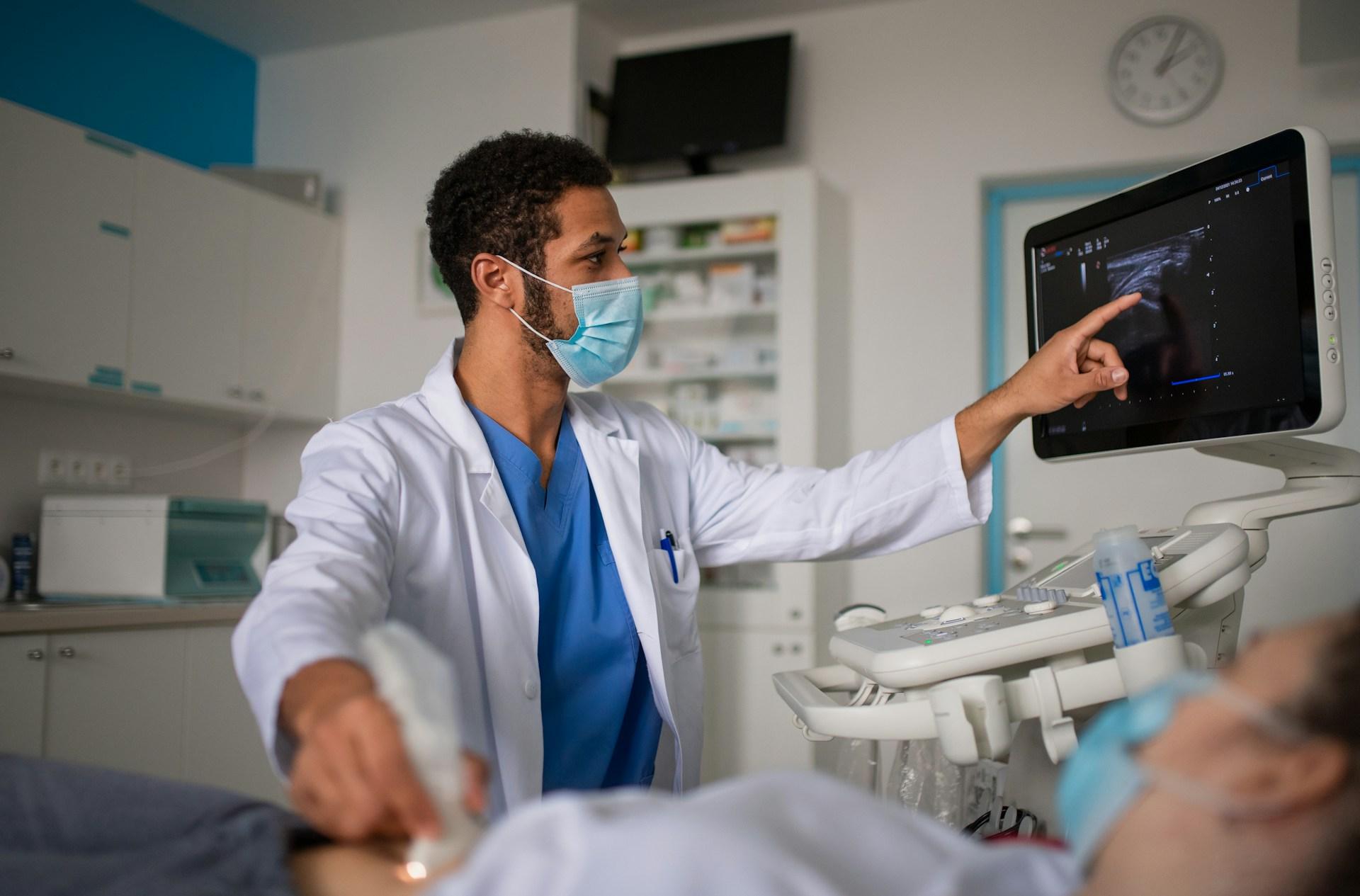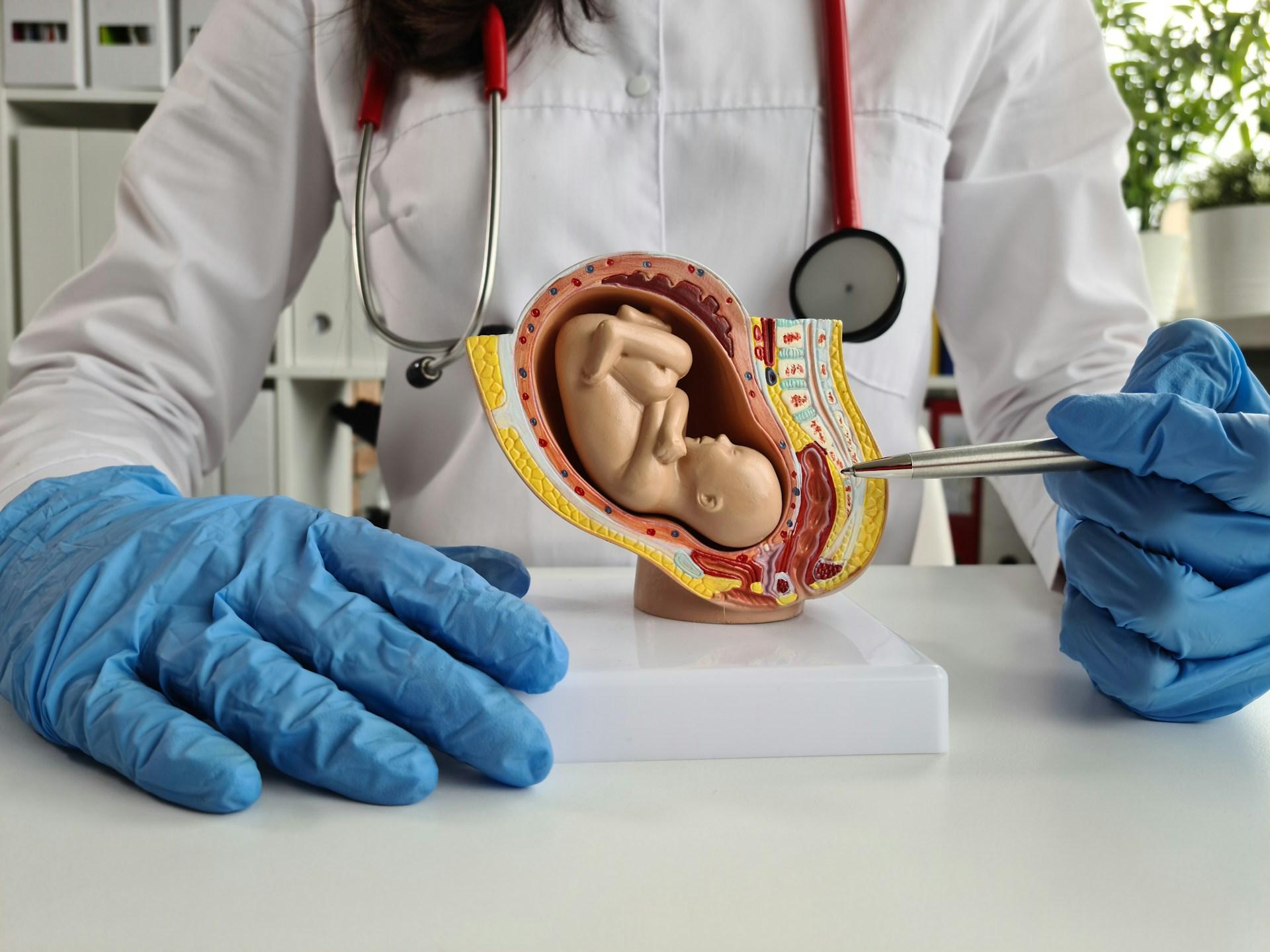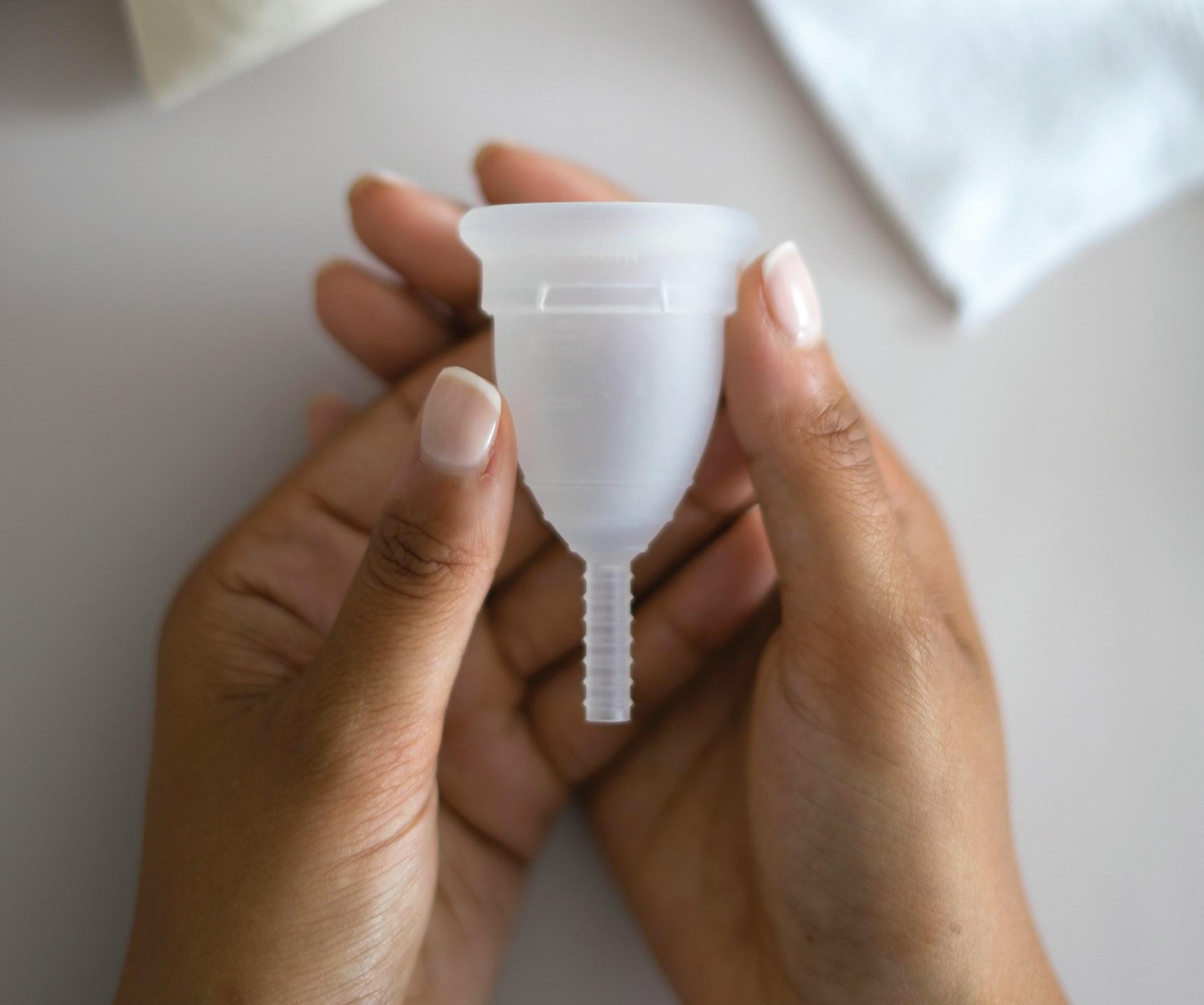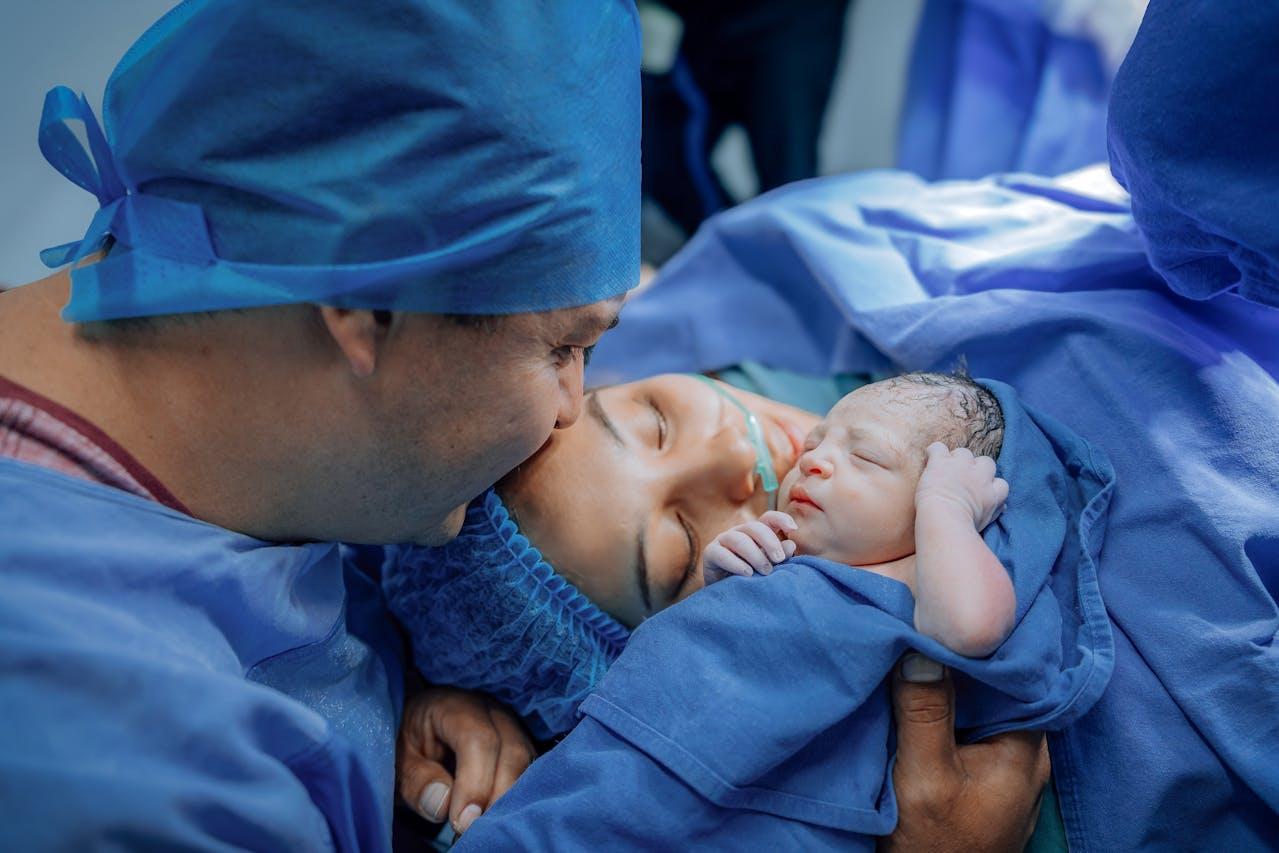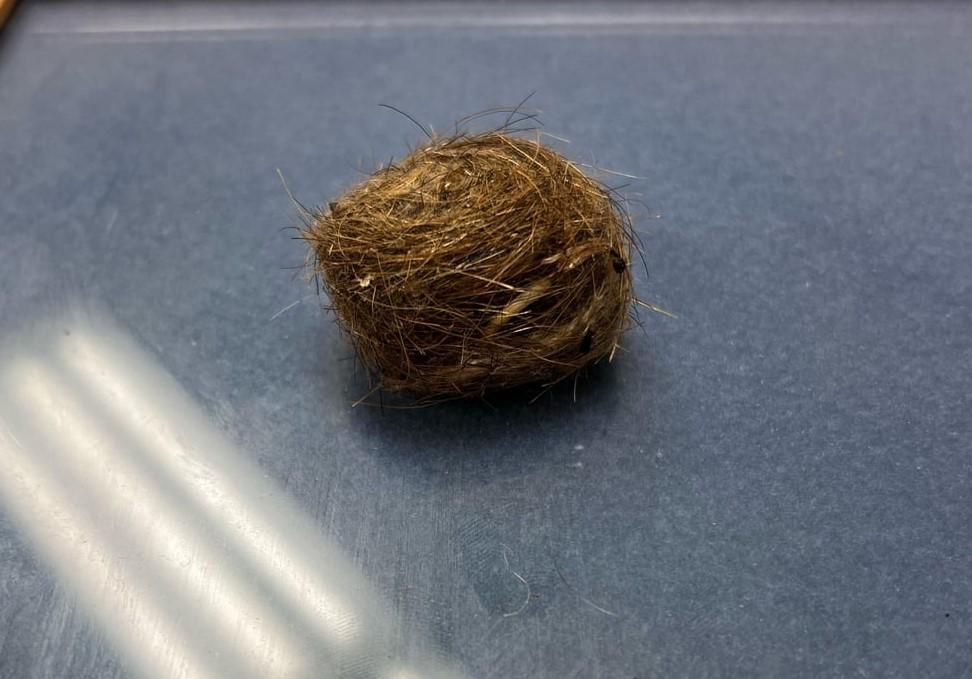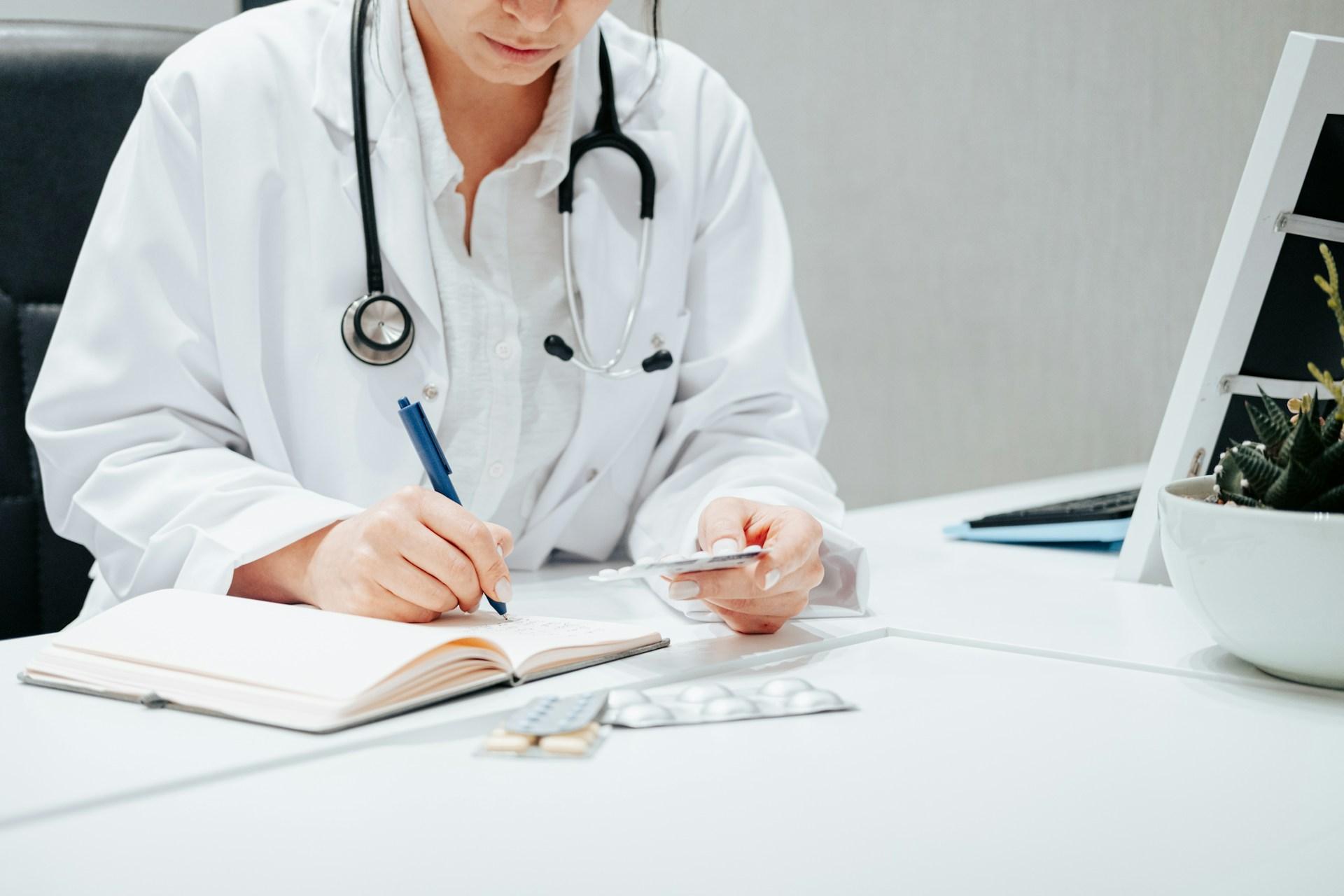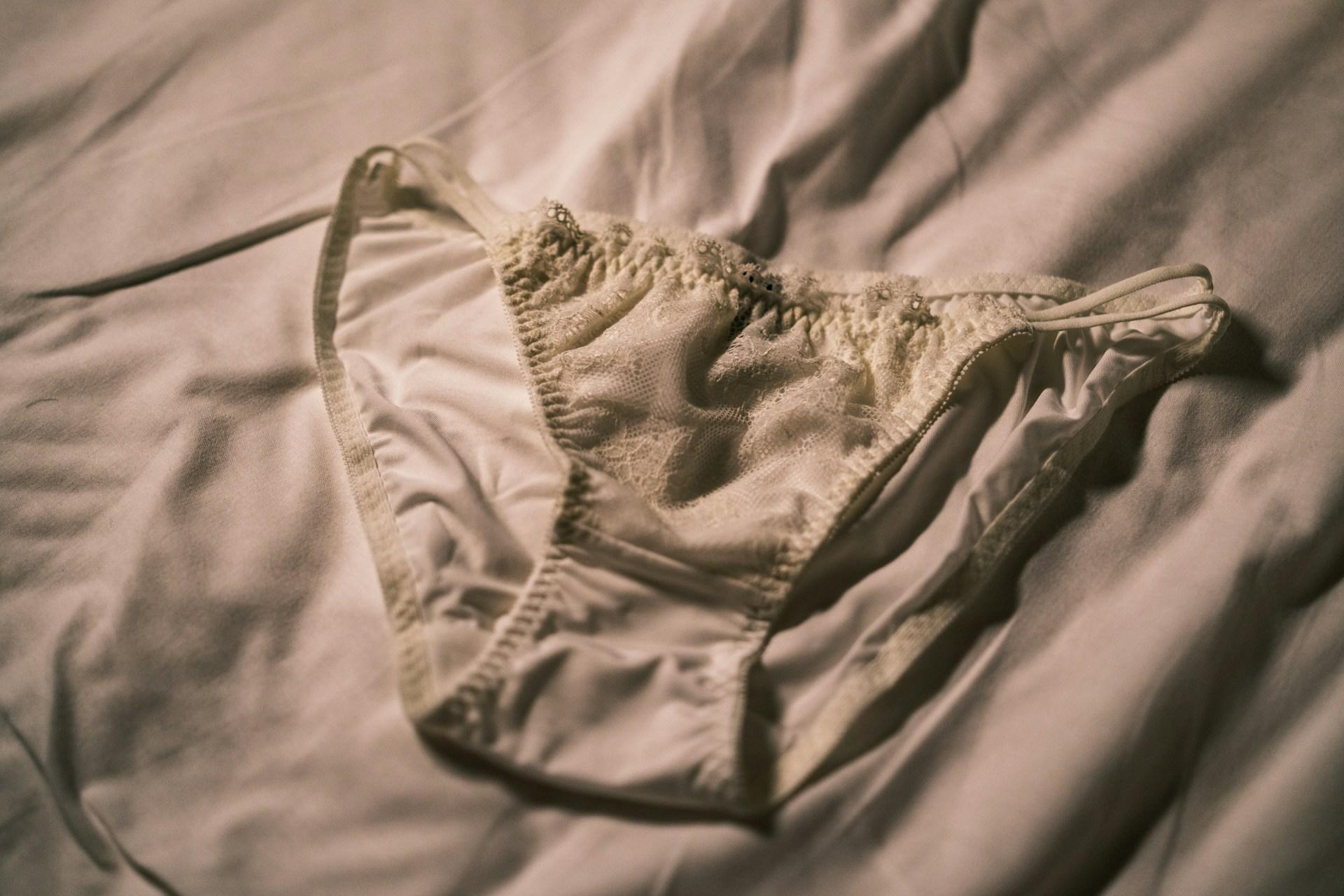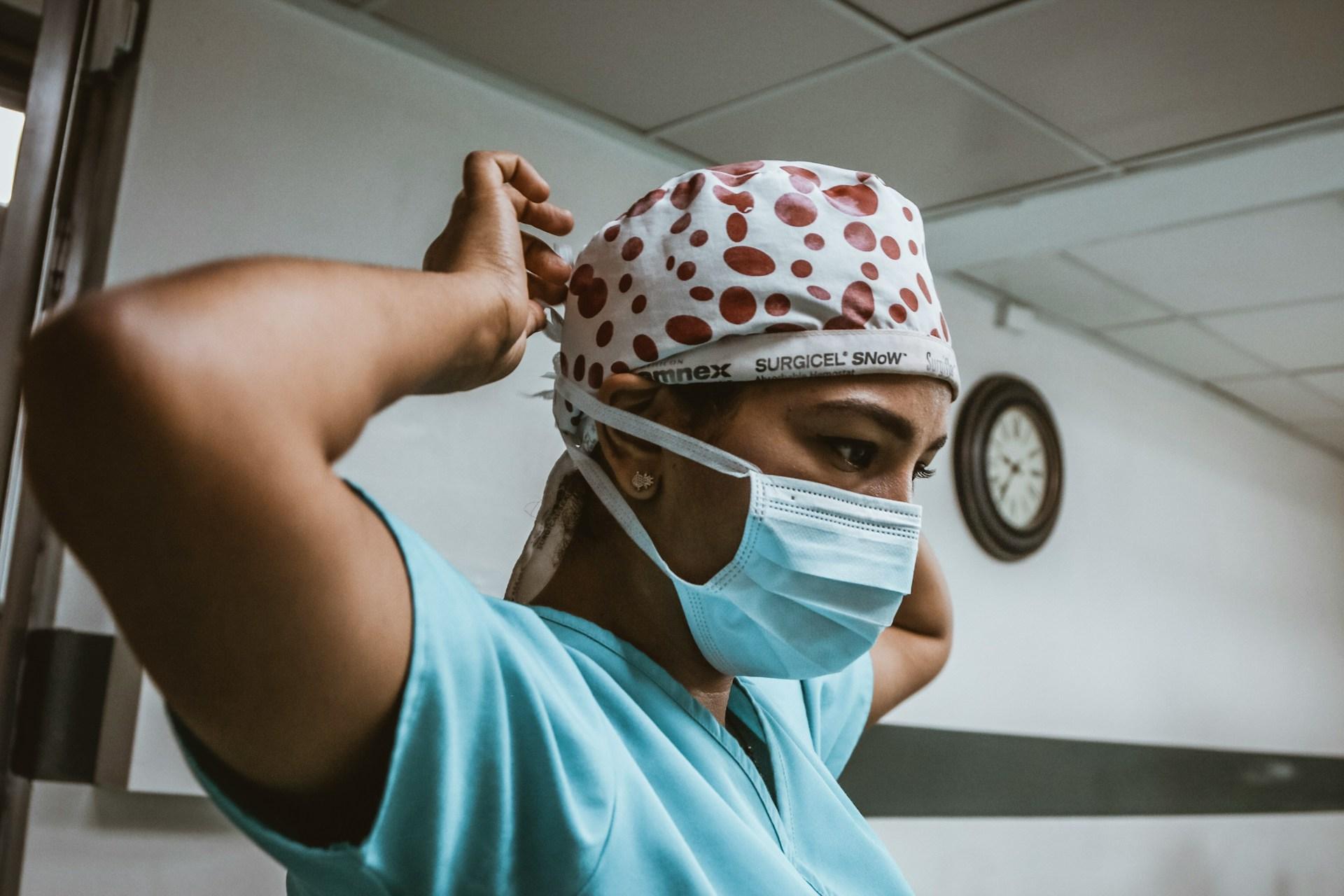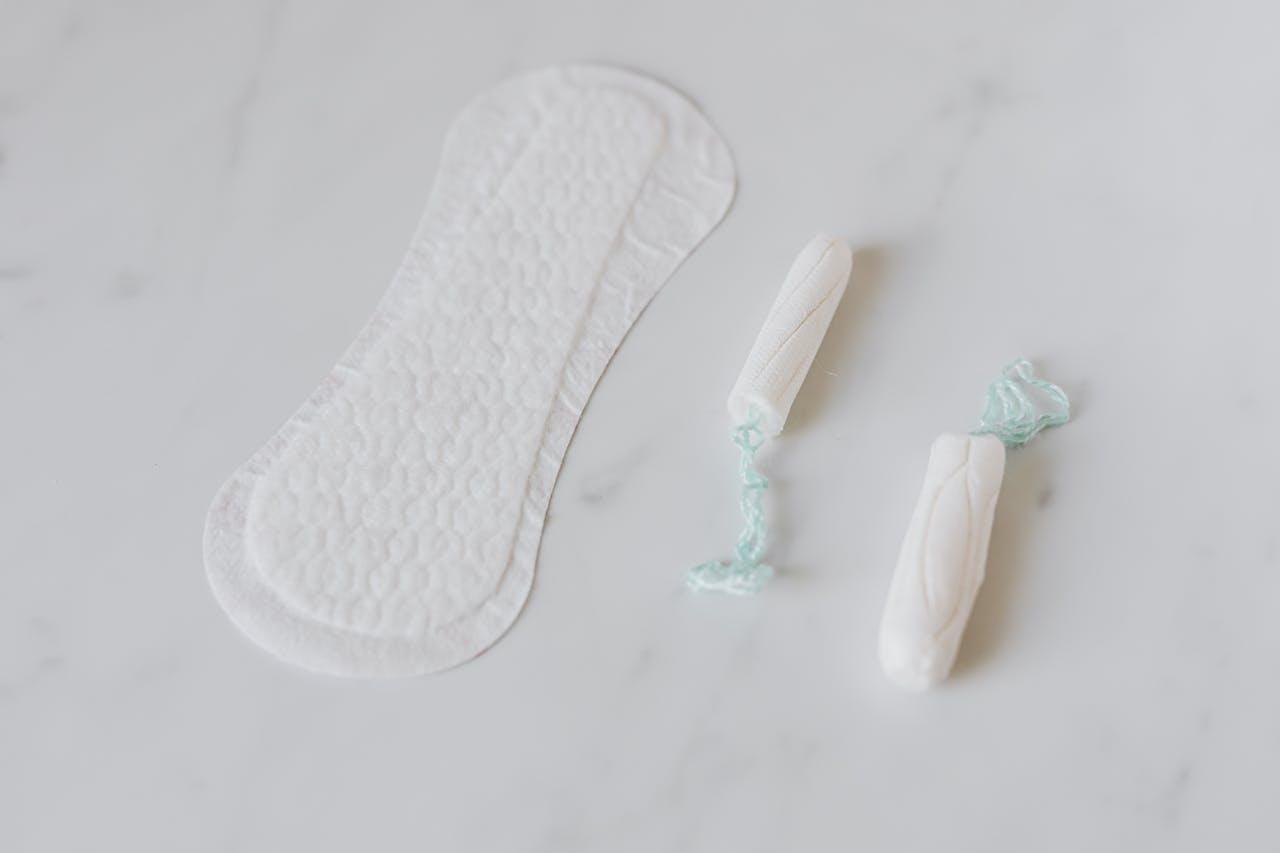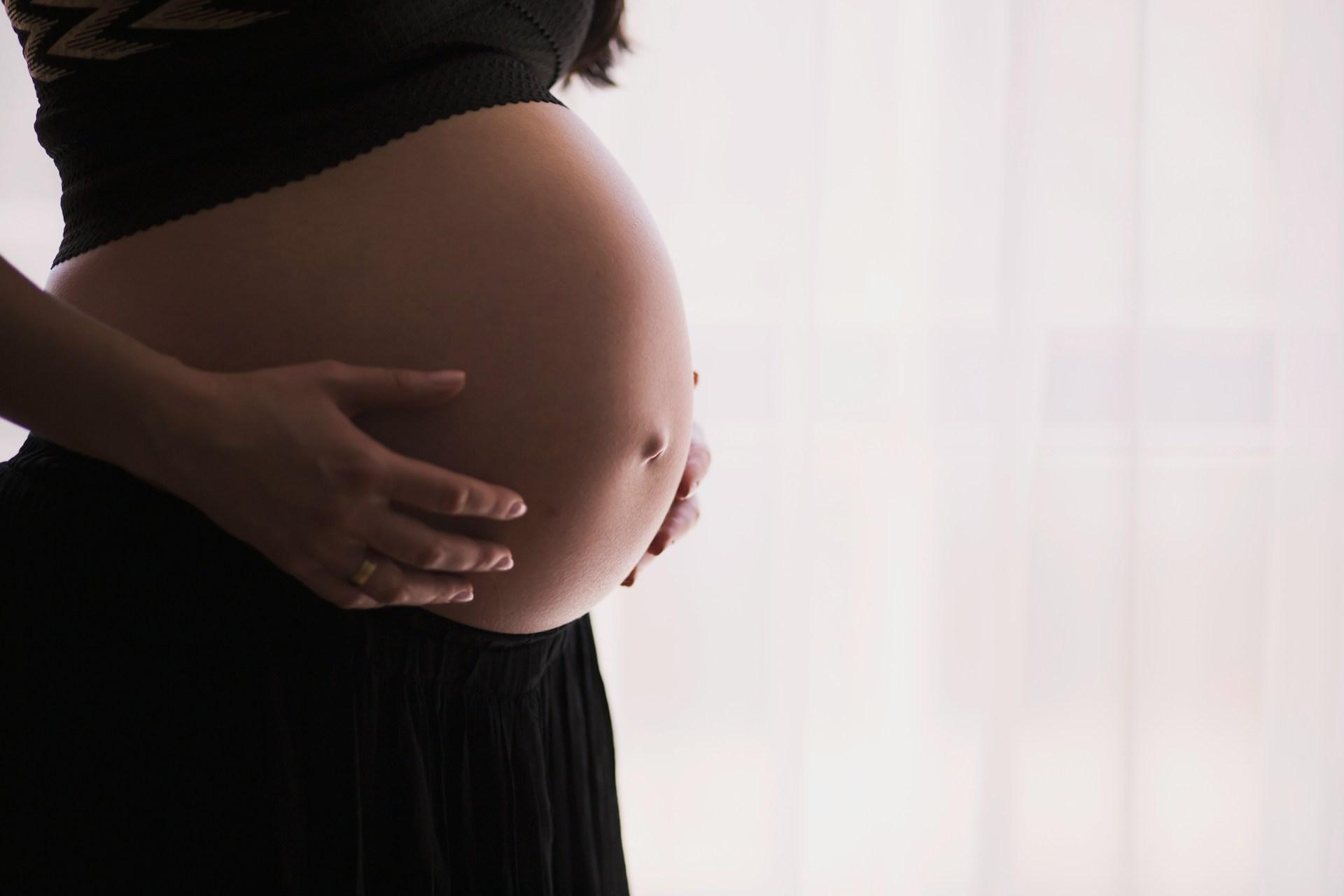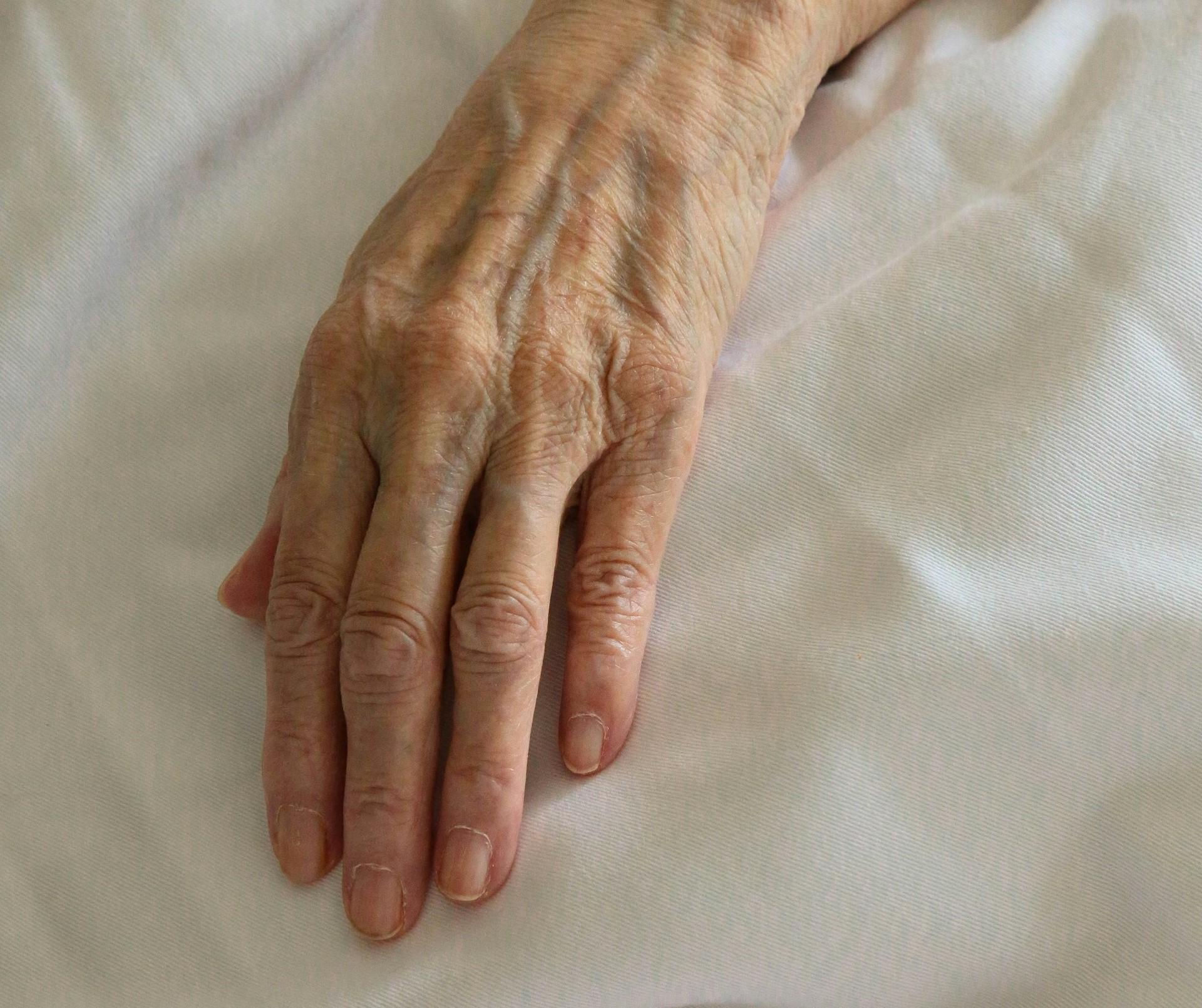That’s why a post by Reddit user u/fushaman sparked so much interest. Members of the TwoXChromosomes community chimed in with some incredibly eye-opening facts about female reproductive health. A lot of the things they shared are surprisingly specific and not commonly discussed. So if you’re ready to pick up something new, keep reading—you might be in for a few surprises.
1.
A person can be pregnant without an embryo.
As in, the body will be preparing to support a fertilized egg: all the hormones, an amniotic sac, forming a placenta…but the amniotic sac can turn out to be empty because the egg doesn’t develop.
This is why abortion is healthcare. It is always the termination of a pregnancy in the body of a person. It doesn’t always involve a potential future life, but it often is the only thing that can save an actual existing life
2.
That the medical pictures of your womb aren’t physically accurate.
3.
While we luckily raise more and more awareness about endometriosis, there is something else that can cause similar symptoms: if your ovaries love to produce a lot of cysts it can lead to inflammation and the forming of scar tissue.
This s**t can grow all around your Pelvic and belly. I complained for years about excruciating pain and was always turned away. So, I had a whole cluster f**k of extensive scar tissue gluing my reproductive systems to my intestines, bladder and upper belly cover.
I suffered from digestive issues because food couldn’t pass properly. My periods were extra horrible because my uterus would literally pull everything down everything it acted up.
I had surgery to have a hysterectomy concerning other issues and also had a lot of the scar tissue removed. I can finally eat normally again without fearing to throw up or have to s**t from the most mundane dishes.
4.
No reproductives organs but still relevant.
Women have longer colons and small intestines. In addition women have a slower stomach emptying. All in all that means our disgestion time is longer than men and we absorb more nutrients from our food. It is believed this is to help support pregnancy and breastfeeding.
5.
Our eggs are produced while we are in our mother’s womb. The egg that was to become us was produced in our grandma’s womb.
6.
I have a few! I love these kinds of facts 🙂
1. The ends of the fallopian tubes are open, so when you cramp hard sometimes blood can backwash into your abdomen – it’s okay, your immune system deals with the blood and cleans it up, but that’s also how ectopic pregnancies in the abdomen can happen
2. When an egg releases from the ovary, it isn’t attracted to the fallopian tube, the fallopian tube is attracted to the egg – the egg releases a chemical and the open end of the fallopian tube is attracted to it. This is why if you’ve had a fallopian tube removed, your fertility doesn’t cut in half, the other side’s fallopian tube can noo-noo itself around to the opposite ovary to collect that egg! Madness
3. When an egg is fertilised and it implants, it takes a little while for the placenta to form and begin nourishing the fertilised egg. The egg still needs energy in order to divide and develop, so the uterus secretes what is called ‘uterine milk’ to sustain the egg until the blood supply comes in (and I believe continues to support alongside the placenta).
7.
You can sometimes feel yourself ovulate. It’s a small, sharp cramp on either side (likely alternates each cycle) of your lower abdomen that can last a few minutes to an hour. I’m fortunate to never get uterine cramps during shedding, but I’ve gotten these seemingly random sharp pains in the general area outside the week of my period, and I never realized what they were until I started really hand tracking my cycle on a calendar. I was meant to be ovulating sometime in the next few days and suddenly the cramp started and it hit me. I Googled it to confirm and sure enough! Some women cramp when they ovulate!
8.
1 in 10 women have endometriosis and it’s is extremely understudied, many gyno’s will tell patients the wrong information. It cannot be cured. It can only be diagnosed during surgery. Scans can only sometimes identify endo and are largely unreliable. Pain and severity of disease do not always correlate. Excision surgery by a specialist is the gold standard treatment option, and often need reoccurring surgeries. Pregnancy does not cure it. Hysterectomy is not a cure. Endo makes its own estrogen, feeds off of estrogen, and can “glue” your organs together in moderate to severe cases like mine. Deep infiltrating endo can cause bowel perforation or other serious medical emergencies. Yet it is not taken seriously.
9.
That, unlike other mammals, the human placenta gets *arterial* blood. The fetus gets the oxygen we breathe before we do.
It’s part of what makes us so susceptible to hemorrhage and preeclampsia. And it’s so much harder for humans to miscarry, because we can’t just shunt off our own arteries.
Brain development is just very oxygen hungry. We give birth at the time that the baby’s oxygen needs outstrip our ability to breathe for them and ourselves at the same time. It’s not really hip width!! The hip width thing is mostly a male-gaze reading of the birthing process.
It also allows people to act as if what’s dangerous about childbirth is the birth canal issue. It’s not! Human pregnancy is dangerous because our bodies are literally playing a kind of oxygen-chicken. Cesarean section doesn’t change this fundamental fact.
10.
The clitoris was not fully anatomically described or mapped until the year 2005 when Dr Helen O’Connell MRI’d and cross sectioned human clitori/clitoruses.
11.
If you only have one fallopian tube it’ll just move back and forth to each ovary and do the work of both.
12.
All babies are essentially female by default. Only when the Y-chromosome starts producing male hormones do male characteristics form. What would otherwise be ovaries descend to become testes. What would otherwise be a clitoris becomes a p***s.
13.
The uterus is normally about 70g (2.5oz) and the size of your fist. At the end of pregnancy it is 1.5kg (3.3lb) of muscle. Then afterwards it goes back to its normal 70g. It’s amazing!
14.
Your ovaries can twist. If you experience sudden and intense abdominal pain, go to the hospital. Ovarian torsion is no joke.
15.
Every third woman and every second that gave birth vaginally will deal with pelvic organ prolapse at some point of her life yet no one teaches us how to breathe, lift, exercise, poop, give birth in a way that protects the pelvic floor and minimises the damage that causes POP.
16.
Haven’t seen anyone say it yet, but there are stem cells in menstrual blood! They’re the same kind that are produced in your bones. Wild.
17.
The placenta is the only temporary organ. It is amazing.
18.
There are multiple different types of ovarian cysts. Mine happened to be a large fatty one that grew hair. It can also grow teeth and brain cells. Talk about thinking with your genitals!
It’s called a dermoid teratoma for anyone interested.
19.
PMDD is a real thing. It’s now officially recognized as a medical condition, as opposed to overreacting, poor self-control, hysterics, psychosomatic pain, and the psychological disorders it used to be classed as.
28% of PMDD sufferers attempt s****de by age 30.
It’s NOT just you. You are NOT imagining it. Look it up.
Practitioners who treat it are few and far between, but they do exist. Go outside your health plan’s provider list if you must.
It’s worth it. The world needs you.
20.
Might be common knowledge, but it surprised me when I learned – the average clitoris is something like 3.5 to 4 inches long, just most of it is internal so you don’t realise it.
21.
I learned recently that estrogen plays a role in temperature regulation in women. That’s part of what causes hot flashes during menopause.
22.
Atrophy, GSM (genitourinary syndrome of menopause) or VVM (vulvovaginal ateophy)- thinning, dryness and inflammation, pretty common issue and also pretty commonly underdiagnosed and treated. Can cause discomfort, itching, burning and painful s*x. Also, recurrent UTIs. There is treatment-topical estrogen/creams, HRT. Starting menopause and all the weird – talk to your doctors!
23.
The lubrication during arousal doesn’t come from the cervix or deep in the v****a, it comes from Bartholin’s glands, which are close to the entrance.
24.
Vaginal discharge is basically your body’s way of self-cleaning. It’s like a built-in maintenance system, and it changes throughout your cycle depending on hormones.
25.
Ovarian cancer starts in the tubes! Best to get those pesky fools removed! (I’m getting mine done in March. So excited!).
26.
Menopause appears to be a rare trait in the animal kingdom. It has only been documented in humans, certain species of whales, and one specific community of wild chimps.
Scientists theorize a “grandmother hypothesis”, believing that females stop reproducing to be leaders and pass on wisdom. It has also been part of the theory that females might enter menopause to help care for their grandchildren. But in the chimp community where menopause was observed, grandmothers never meet their grandchildren. Their daughters leave the group before they ever have offspring.
27.
The position of the cervix changes throughout the month, it’s normally low and open during menses and high and closed in the luteal phase just beforehand.
28.
Our bodies go through a sort of second puberty around age 25 that causes our bodies to change in a way that will benefit pregnancy. Increased mass in the hip area, larger breasts, increased fertility, and subsequently periods worsening.
29.
Ovulation and menstruation are two different things. You can have one without the other. You can actually skip a period and still ovulate. One is done by the uterus and one is done by the ovaries, and they don’t always work together but it’s nice when they do.
30.
Milk ducts are modified sweat glands.
Breastfeeding is associated with a decreased risk of breast cancer. Probably most of us have heard that. Animals like dairy cows have basically no risk of breast cancer because they spend their lives producing milk. But, you might have heard somebody try to claim that abortion causes breast cancer (it doesn’t, btw). Anyway, that stupid argument comes from the above fact. As in, they’re trying to say that if a pregnant person does not abort and instead carries their child to term AND breastfeeds for two years, then that person will have a much reduced chance of breast cancer. Which is partly true but not the same at all as abortion causing breast cancer. But they’ve been running with that one for years.
31.
Not directly organ related, but chainsaws were invented to assist with childbirth.
32.
Contrary to popular belief:You still ovulate and menstruate if you get a tubal ligation. The ovum is reabsorbed and the menstrual bleeding is sourced from the lining of the uterus, so tying tubes does nothing to stop them from happening. A hysterectomy only removes the uterus and maybe the cervix. You don’t go into early menopause unless you get an oophorectomy, removing your ovaries.You still have your vagina after a hysterectomy, Jesus f**k people I hate having to field this question.If you are on the combined oral contraceptive you do _not_ need to bleed. It’s not a real period, and it’s not necessary, so spare yourself the trouble and ask your doctor if you can get on continuous birth control and skip the placebo week.
33.
When you hit menopause/perimenopause, you can get genital acne. Yay. It is supposed to be normal, but it’s very annoying.
34.
If you scratch inside your bellybutton quite hard, you may feel a strange pain or sensation near your genitals. It’s the remains of the vestigial nerve connection between the umbilical chord and other organs, which existed when you were in your mother’s womb .
35.
It’s not a closed system. The fallopian tubes are not connected to the ovaries. They catch the eggs that are explosively ejected, and we just hope for the best.
36.
During childbirth, we often focus only on dilation (the opening of the cervix),but effacement (shortening of the cervix) is just as important: the cervix must be fully effaced before it can fully dilate.
37.
Your ovaries move around. I once had to have an ultrasound with a full bladder and they couldn’t find one of them for like 15 or 20 minutes. It was excruciating and I nearly peed myself.
38.
I’m currently pregnant. Both in this pregnancy and my previous one I noticed a lot of rib pain on just my right side. When I talked to my midwife about that she said that makes sense because the right side of the pregnant womb is more curved and soft while the left side is more straight and firm. It’s not a perfectly symmetrical oval as shown in many science textbooks.Thankfully the pain has gone away in the third trimester as that good ole relaxin hormone kicked in.
39.
Your reproductive organs shrink as you age- uterus, vagina, fallopian tubes, and ovaries.
40.
It’s possible for some women to orgasm from an intense core workout!
41.
I passed out when pregnant while laying in my back, I pressed the wrong nerve apparently.
42.
I learned recently (if any doctors are around, please confirm) that the length of your cycle depends only on when ovulation occurs, because the time between ovulation and your period never changes. So if your period is late, it means that your ovulation was late (from stress at the beginning of your cycle for instance, or due to other syndromes that can delay ovulation).
43.
If you have a connective tissue disorder like ehlers danlos syndrome, you have a higher rate of ovarian cysts happening in your right ovary.
44.
I found out the uterus supplies about half the blood to the ovaries. So even if you keep the ovaries they will still shrink and put you into perimenopause and it menopause.
45.
I was 65+ when I learned that one month an egg is released from the right ovary and the next month from the left ovary.
46.
When un-aroused the average vagina is about 4 inches deep, while in an aroused state the average vagina deepens to about 7 inches the clitoris also becomes erect as well as the labia minora. The cervix changes colors during pregnancy ( the labia can also change color during pregnancy) I have recently developed a sad fear of loosing my labia minora during menopause u.u.
47.
My sister had an ectopic pregnancy and she lots a falopian tube. I said – so does this mean you have 50% fertility? NO.The existing falopian tube can _roam_. Think about that.
48.
Ovaries are typically white! I learned that from my bislap photos.
49.
A woman can have two uteri and not know it. One uterus can keep having periods while the other uterus is pregnant. This is how she can end up on “I Didn’t Know I Was Pregnant.”.
50.
You can have an abdominal pregnancy where the embryo implants attached to another organ – omentum, liver, intestines, etc. In rare cases, the pregnancy can reach viability and the fetus can be delivered by surgery.

